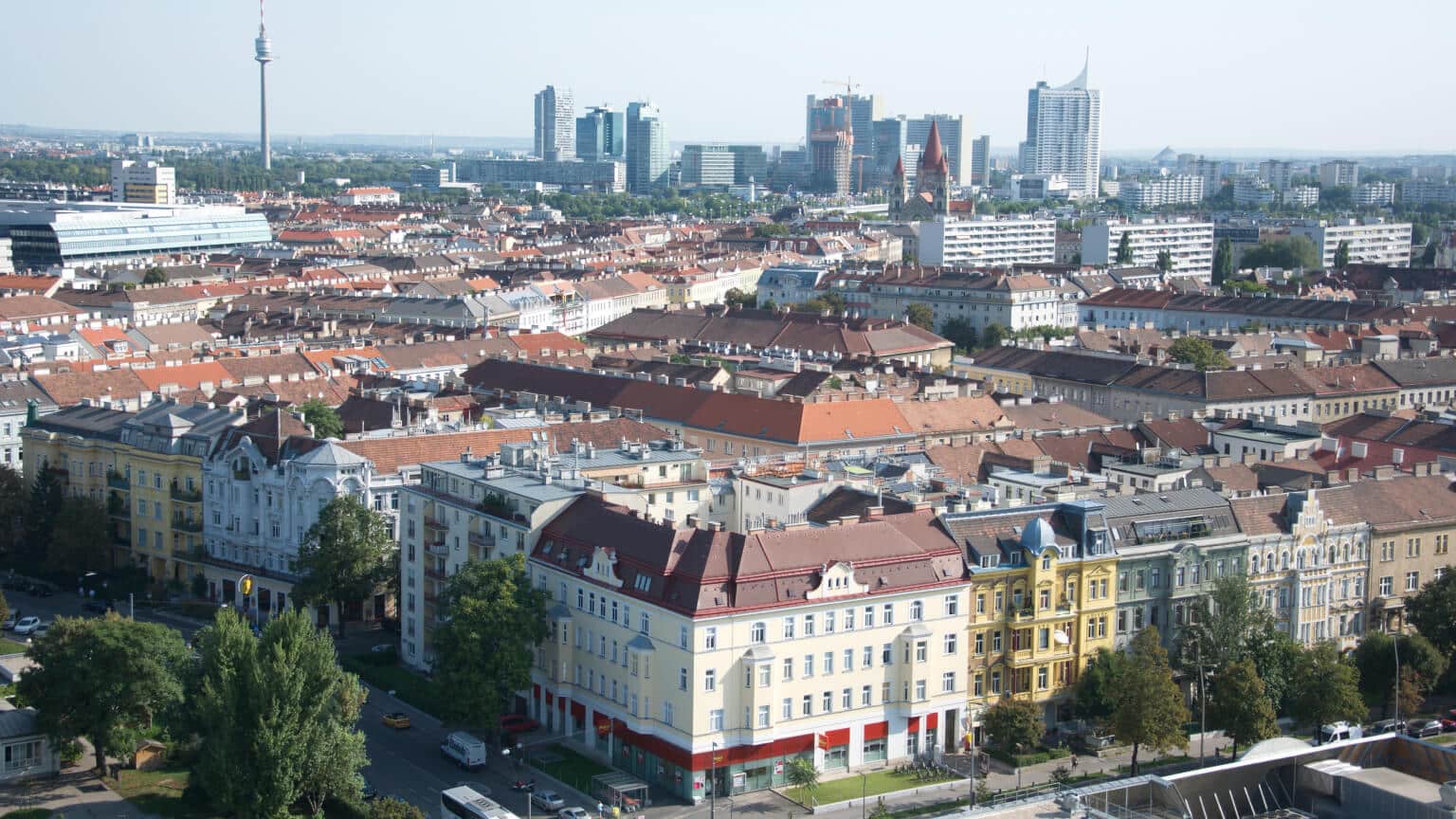Global Recession Fears Put Off Investors in Europe’s Real Estate Market

The threat of global economic recession has put off many buyers to invest in the real estate markets in the European Union (EU), which was evident as the fourth quarter of 2022 witnessed deals worth only $70.40 billion, a decrease of 58% ($166.59 billion) compared with the same period in 2021.
Brands and Business Magazine
During the entire calendar year in 2022, the real estate investments were $341.92 billion, which is 18 per cent less compared with $415.91 billion in 2021, and this was more so in the office sector. Even industrial properties saw a decline in the volume of transactions.
However, prime areas located in central submarkets of major cities in the EU have seen considerable growth with prime office rents across the region recording 1.3 per cent quarter-over-quarter in the fourth quarter and the annual growth was 5.4 per cent in 2022. Here again, the possibility of global recession may impact this growth in the coming months.
According to CBRE, the global leader in commercial real estate services and investment, the market is going through a period of repricing and with that, investors are timing their re-entry into the market carefully.
“In Southern Europe and Benelux, investment activity remained strong, registering volume growth in 2022. The Retail sector is the only sector that is showing a positive trend and is expected to continue to attract more capital in 2023,” CBRE said.
CBRE also said that the minimal tenant demand for central London office space, and February office take-up was 57 per cent lower than the 10-year average. Despite sluggish demand, rental growth increased month-over-month in February in the City of London and West End submarkets.
ECB Cautions
Even the European Central Bank (ECB), while warning of clear signs of vulnerability in the property sector, last month cited declining market liquidity and price corrections as reasons for the uncertainty in the sector.
Another factor that is coming in the way of EU’s real estate’s growth is the efforts of the European banks, which are not so well capitalised like the US banks, to rescue Credit Suisse, which may hurt the real estate sector’s prospects in the long-term.
The European banks are monitored by the European Banking Authority (EBA), which regulates banks larger than $33.63 billion. With smaller banks mandated to stress tests conducted as per Basel III standards, these small banks are not in favour of lending to commercial real estate (CRE). The total assets of European banks stood at $29.37 trillion at the end of December 2022.
The International Monetary Fund (IMF) said that the European and UK banks’ exposure to CRE constitutes around 6 per cent of bank loans as against the 18 per cent exposure of US banks. This may sound good as exposure will be limited.
Lloyds Banking Group and Santander have the lowest exposure to commercial property, while Sweden’s Svenska Handelsbanken has the highest exposure but with a low level of non-performing loans.
Added to this is the continued increase in interest rates by lenders such as the Bank of England in the UK, which hiked the rates to 4.25 per cent in March where the real estate investment activity remained inactive at the beginning of 2023. The value of real deals in the UK was a meagre $1.64 billion in January 2023, the lowest since January 2009.
Inflation Drops
The European Central Bank’s decision to implement restrictions in 2022 have started yielding desired results with inflation dropping to 8.5 per cent in January this year compared to 9.2 per cent during the corresponding period in the previous year.
Even the GDP of the eurozone registered a marginal growth of 0.1 per cent quarter-over-quarter during the fourth quarter of 2022. This happened prior to the turmoil in the banking sector and it is likely that the European Union may slide into recession this year.






